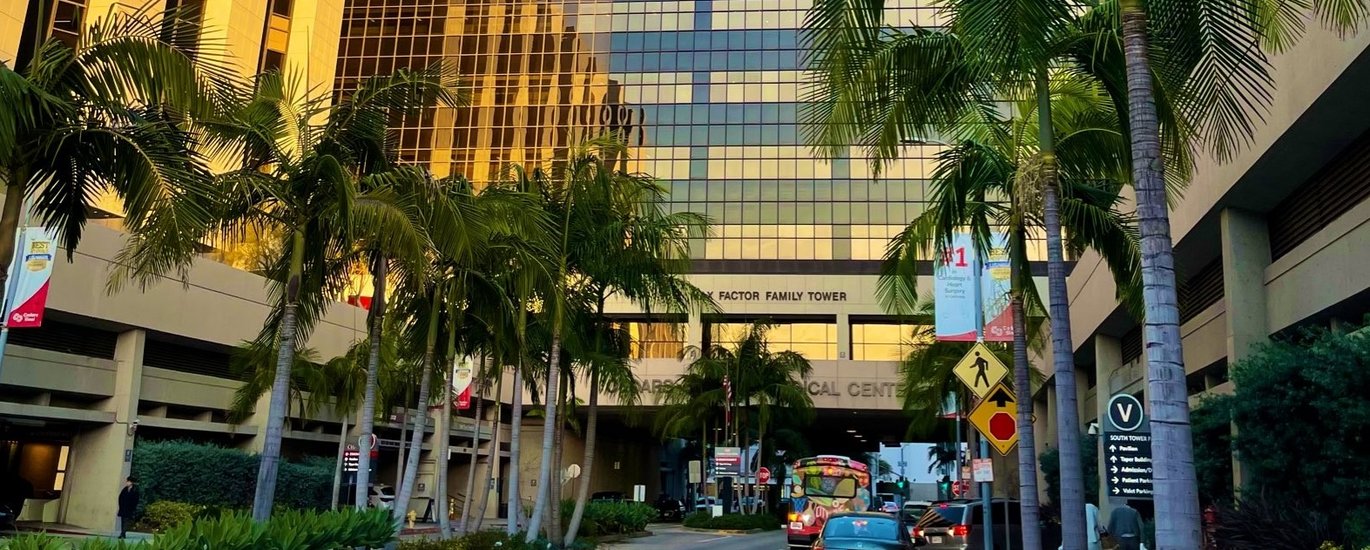A research stay in Los Angeles expanded knowledge on data science
PhD student Selma Hasific went to Cedars Sinai in Los Angeles this fall and gained knowledge on how to perform advanced plaque analysis. Working together with both doctors and engineers expanded her perspectives on how to use data science in research.


A research stay abroad gives you a new perspective on your research, that is the opinion of PhD student Selma Hasific who recently went to Cedars Sinai in Los Angeles. For a couple of months she was part of a research group working with cardiac CT and a software program called AutoPlaque.
My goal was to see how they perform advanced plaque analysis with AI.
"I was especially interested in how they measure soft plaque as we currently do not have any methods besides visual estimation for that in the Danish clinical setting,” says Selma Hasific, PhD student, University of Southern Denmark.
One of her co-supervisors has previously worked with the founder of the lab which Selma Hasific visited. The supervisor connected Selma to Professor Damini Dey and in this way an agreement of a research stay was established.
In her PhD project, Selma Hasific investigates if intake of Vitamin K can reduce progression of plaque and inflammation in the coronary arteries. Results of the plaque analyses have been presented at the DCA Summer Meeting 2022, and she is now working on the inflammation analyses.
Gained knowledge on a more precise plaque analysis
“I went home from the US with both an AI software and the skills to analyze plaque in a new way, enabling me to measure plaque more precisely. Thus, I will with more certainty be able to conclude if Vitamin K has a positive effect on plaque and inflammation in the coronary arteries.”
The research stay was very useful. Selma Hasific gained not only knowledge which she could use directly in her project:
“It was interesting to work with doctors and engineers – which to me is a new combination of skills that gave me new perspectives on how to use data science in your research.”
Start early if you want to visit a laboratory in the US
She continues to emphasize that standing on your own feet in an entirely different environment is very educational. And she recommends others to do the same for at least two months. If the destination is the US, her advice is to start at least six months prior to departure, as a lot of regulations especially in health care must be fulfilled. In the opinion of the PhD-student, it was however worth every administrative obstacle.
Since arriving back in Denmark in December, Selma Hasific has moreover been teaching the CT radiographers at Odense University Hospital in the use of AutoPlaque, as they will be performing the analyses in large multicenter clinical trials. In this way her gained knowledge is also passed to others at the hospital.